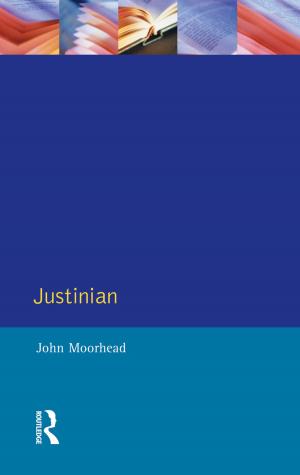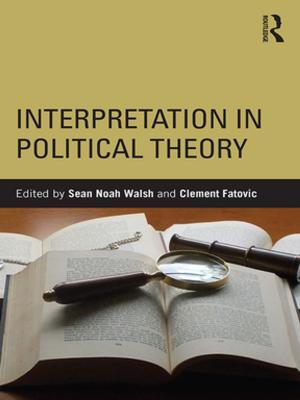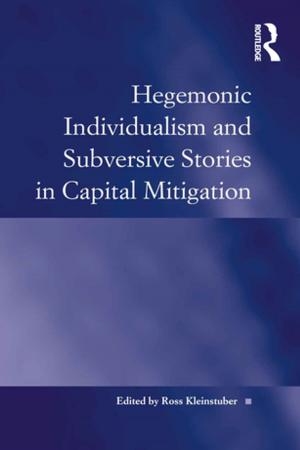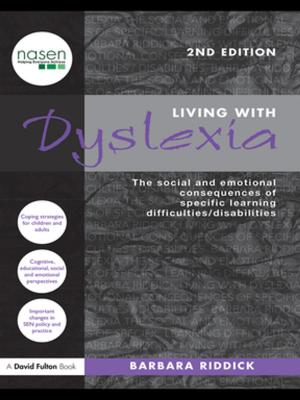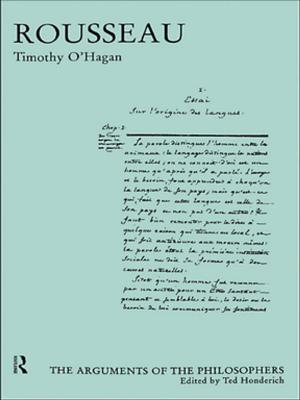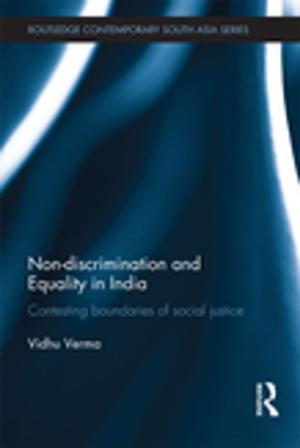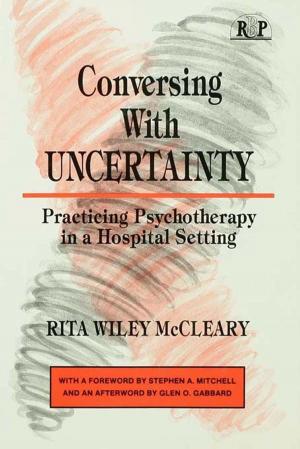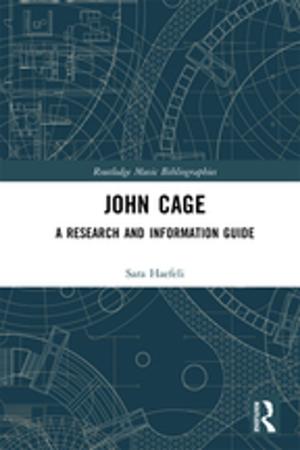| Author: | Sam Cowling | ISBN: | 9781351970624 |
| Publisher: | Taylor and Francis | Publication: | February 3, 2017 |
| Imprint: | Routledge | Language: | English |
| Author: | Sam Cowling |
| ISBN: | 9781351970624 |
| Publisher: | Taylor and Francis |
| Publication: | February 3, 2017 |
| Imprint: | Routledge |
| Language: | English |
Think of a number, any number, or properties like fragility and humanity. These and other abstract entities are radically different from concrete entities like electrons and elbows. While concrete entities are located in space and time, have causes and effects, and are known through empirical means, abstract entities like meanings and possibilities are remarkably different. They seem to be immutable and imperceptible and to exist "outside" of space and time.
This book provides a comprehensive critical assessment of the problems raised by abstract entities and the debates about existence, truth, and knowledge that surround them. It sets out the key issues that inform the metaphysical disagreement between platonists who accept abstract entities and nominalists who deny abstract entities exist. Beginning with the essentials of the platonist–nominalist debate, it explores the key arguments and issues informing the contemporary debate over abstract reality:
- arguments for platonism and their connections to semantics, science, and metaphysical explanation
- the abstract–concrete distinction and views about the nature of abstract reality
- epistemological puzzles surrounding our knowledge of mathematical entities and other abstract entities.
- arguments for nominalism premised upon concerns about paradox, parsimony, infinite regresses, underdetermination, and causal isolation
- nominalist options that seek to dispense with abstract entities.
Including chapter summaries, annotated further reading, and a glossary, Abstract Entities is essential reading for anyone seeking a clear and authoritative introduction to the problems raised by abstract entities.
Think of a number, any number, or properties like fragility and humanity. These and other abstract entities are radically different from concrete entities like electrons and elbows. While concrete entities are located in space and time, have causes and effects, and are known through empirical means, abstract entities like meanings and possibilities are remarkably different. They seem to be immutable and imperceptible and to exist "outside" of space and time.
This book provides a comprehensive critical assessment of the problems raised by abstract entities and the debates about existence, truth, and knowledge that surround them. It sets out the key issues that inform the metaphysical disagreement between platonists who accept abstract entities and nominalists who deny abstract entities exist. Beginning with the essentials of the platonist–nominalist debate, it explores the key arguments and issues informing the contemporary debate over abstract reality:
- arguments for platonism and their connections to semantics, science, and metaphysical explanation
- the abstract–concrete distinction and views about the nature of abstract reality
- epistemological puzzles surrounding our knowledge of mathematical entities and other abstract entities.
- arguments for nominalism premised upon concerns about paradox, parsimony, infinite regresses, underdetermination, and causal isolation
- nominalist options that seek to dispense with abstract entities.
Including chapter summaries, annotated further reading, and a glossary, Abstract Entities is essential reading for anyone seeking a clear and authoritative introduction to the problems raised by abstract entities.

